2-Day Certificate Course-Group Therapy-Evidence-Based Strategies to Develop and Facilitate Dynamic, Purposeful and Effective Group Therapy – Hannah Smith
$45.00
2-Day Certificate Course-Group Therapy-Evidence-Based Strategies to Develop and Facilitate Dynamic, Purposeful and Effective Group Therapy – Hannah Smith D…
Salepage link: At HERE. Archive:
Do you want to have a greater impact on more clients in a shorter amount of time? Do you want to do this with the confidence that up-to-the-moment, neuroscience-informed treatment bring? Then you want to use the powerful tool of group therapy.
Current neuroscience research has proven that humans are biologically relational at our core. It is becoming more and more evident that attachment issues are often comorbid to many of the mental health disorders that drive our clients to seek out help. This means that the group setting is an even more powerful tool than we ever thought before in the treatment of anxiety, depression, personality disorders, trauma and more!
This recording will advance the modality of group practice into the modern age! If you are new to group practice, you will walk away with a solid framework for creating an effective group. “Old hands” at group practice will acquire contemporary understanding that will challenge and invigorate the imagination. Experientially, as a group ourselves, we will explore and analyze methods and techniques that address common issues faced in a variety of settings.
This is not “just another training program”. Hannah’s goal is not only to inform but to motivate and energize clinicians to return to their practice with greater confidence, enthusiasm and creativity.
If you are looking for a learning opportunity that is also stimulating and fun, then this is the recording for you!
- Analyze the core principles of popular modern theories, methods, and approaches in group psychotherapy, such as Modern Psychoanalytic, Systems-Centered Therapy, Expressive, and Cognitive-based models.
- Apply neuroscience understanding of human attunement, Polyvagal Theory, interpersonal neurobiology, and the whole-person approach to the practice of group therapy.
- Evaluate the benefits and challenges of the group therapy modality to increase effectiveness and encourage institutional understanding and support.
- Critique various types of groups and their aims and functions in order to select appropriate group structure, topic choice, and membership to enhance client engagement and reduce adverse outcomes.
- Consider various stages of group development, including the creation of subgroups, “leveling out”, synergizing, and identification of termination needs and practices, to promote participation and growth at each phase.
- Test traditional paradigms regarding the value of silence, resistance, and degrees of empathy in group interactions.
- Explore the ethics involved in group therapy, including HIPAA/confidentiality, facilitator role, dual-relationship issues and more.
- Assess your leadership style, orientation, approach, and methods of self-care to boost leader engagement, and reduce burn-out.
- Practice transference, countertransference, immediacy, bridging, reciprocity, and other group-related experiences to increase group connections and build intimacy.
- Utilize new skills in addressing microaggression, resistance, and other threats to vertical and horizontal group cohesion.
- Connect group modalities and their issues as they apply to children, adolescents, adults, and special populations.
- Create a plan for effective evaluation of group progress and responsive modification.
Group Therapy Today: Advances in Research and Efficacy of Treatment Approaches
- The evolution of group therapy practices
- Current trends in research and evidence-based treatment
- Benefits and barriers of a healthy group experience
Neuroscience-Informed Group Therapy: How Brain-Based Group Interventions Improve Outcomes
- Therapeutic application of the Polyvagal Theory
- The role of interpersonal neurobiology
- Attachment and attunement
- Comorbidity between attachment and DSM-5® diagnoses
- What the research tells us about the benefits of group therapy
- Building new neuropathways
- Platform for modeling secure attachment-based interpersonal behavior
- Reduce shame and increase sense of acceptance, connection and self-worth
- Real-time practice and feedback for skill building
- Current research, potential risks & limitations
Evidence-Based Models of Group Therapy: Find the Right Fit for You and Your Setting
- Modern psychoanalytic
- Systems-centered
- Expressive
- Cognitive-based
PRINCIPLES & GOALS FOR EFFECTIVE GROUP PRACTICE
Pre-group Development: Setting the Stage for Success
- Group types and functions: psychoeducational, process, cognitive, expressive and more!
- Group structure considerations: logistics, duration/frequency, open/closed
- Topic, approach, rationale for group
- Member selection
- Consideration of unique client needs
- Who is not appropriate for group therapy?
- Engaging the skeptical/resistant client
- What to do when the members are chosen for you
Group Therapy in Action: Strategies for Building Cohesion, Trust and Therapeutic Progress
- Yalom’s 11 therapeutic factors
- Going beyond “forming, norming, storming and performing”
- Agreements and goal setting
- Stages of group development
- Sub-grouping
- ”Leveling out”
- Synergizing
- Strategies to build immediacy, reciprocity, bridging
- How to navigate transference/countertransference
- Managing threats to cohesion:
- Micro-aggressions
- Affective dysregulation
- Resistance
- Aggression/passive aggression
- Absenteeism/tardiness
- Other therapy-interfering behaviors
- Vertical v. horizontal group cohesion
- The therapeutic value of silence
- Degrees of empathy
- Ongoing evaluation and responsive modification
Termination: Techniques for Facilitating a Healthy Transition and Continued Therapeutic Progress
- When, how, and why group therapy ends
- Common client reactions to termination (and how to handle them)
- Grief
- Ambivalence
- Denial
- Regression
- And more!
- Rituals and celebrations
- How to facilitate a healthy goodbye process
Post-Group Evaluation: Essential Steps for Improving Efficacy of the Group Model
- Evaluation methods & tools
- Debriefing and self-evaluation
- Troubleshooting common issues and pitfalls
Ethical and Legal Issues Specific to Group Therapy: Protect Yourself, Manage Liability and Provide Quality Care
- Comprehensive informed consent
- HIPAA/confidentiality considerations
- Dual relationships/conflicts of interest
- Boundary setting
- Therapist use of self-disclosure
- Maintaining professional standards
- Providing ethical evaluation and course correction
- Documentation considerations
- Crisis management
Clinical Considerations
- Setting-specific concerns
- Modifications for children and adolescents
- Special populations
- School-based groups
- Tips for getting institutional support of the group model
- Multicultural factors
- Crisis management procedures
Here's an overview of the prominent keywords and a list of famous authors:
Business and Sales: Explore business strategies, sales skills, entrepreneurship, and brand-building from authors like Joe Wicks, Jillian Michaels, and Tony Horton.
Sports and Fitness: Enhance athleticism, improve health and fitness with guidance from experts like Shaun T, Kayla Itsines, and Yoga with Adriene.
Personal Development: Develop communication skills, time management, creative thinking, and enhance self-awareness from authors like Gretchen Rubin, Simon Sinek, and Marie Kondo.
Technology and Coding: Learn about artificial intelligence, data analytics, programming, and blockchain technology from thought leaders like Neil deGrasse Tyson, Amy Cuddy, and Malcolm Gladwell.
Lifestyle and Wellness: Discover courses on holistic health, yoga, and healthy living from authors like Elizabeth Gilbert, Bill Nye, and Tracy Anderson.
Art and Creativity: Explore the world of art, creativity, and painting with guidance from renowned artists like Bob Ross and others.
All the courses on WSOlib are led by top authors and experts in their respective fields. Rest assured that the knowledge and skills you acquire are reliable and highly applicable.
Specification: 2-Day Certificate Course-Group Therapy-Evidence-Based Strategies to Develop and Facilitate Dynamic, Purposeful and Effective Group Therapy – Hannah Smith
|
User Reviews
Only logged in customers who have purchased this product may leave a review.

$45.00

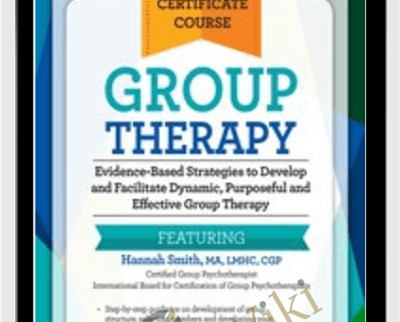

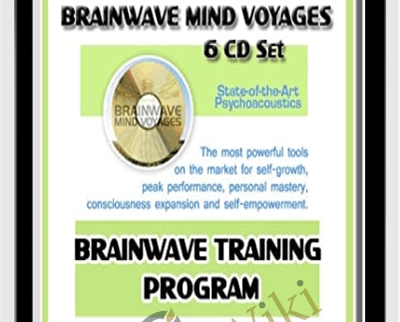



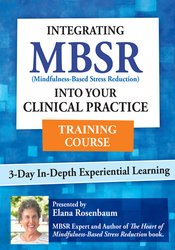
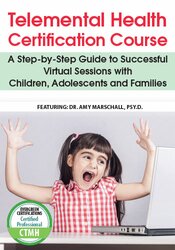
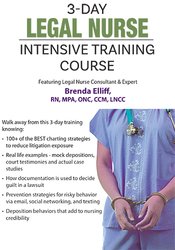
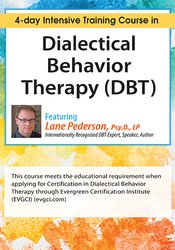
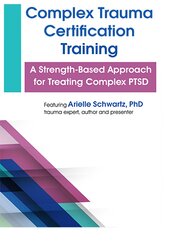
There are no reviews yet.